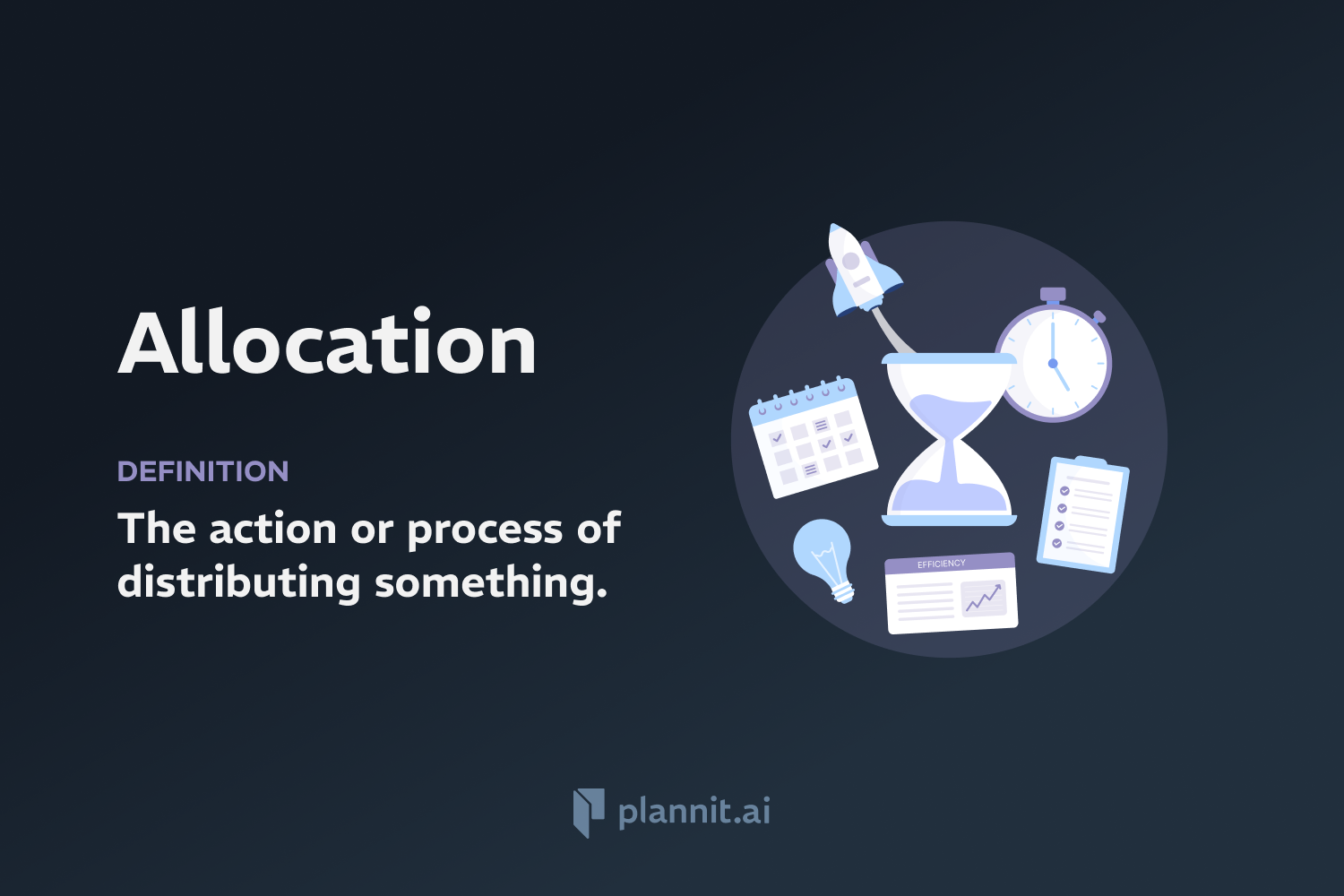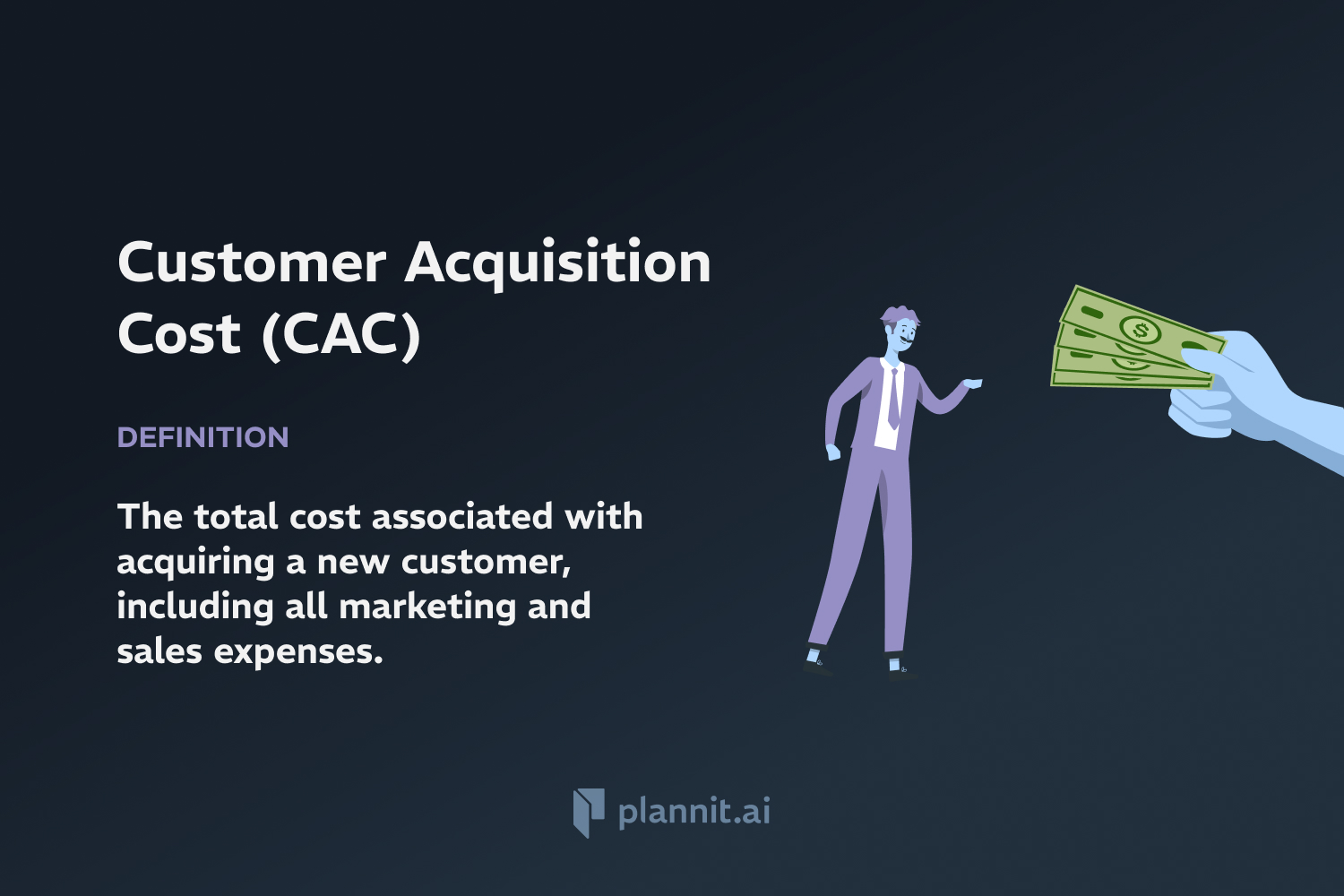Need Help With Your Business Plan?
Answer tailored questions and get a detailed business plan in minutes.
Entrepreneurship: Definition & In-Depth Explanation
Definition:
Entrepreneurship is the process of designing, launching, and running a new business, typically starting as a small business, such as a startup company, offering a product, process, or service for sale or hire. It often involves bearing most of the risks and enjoying most of the rewards.
Context of Use:
This term is central in business studies, economics, and public policy, as it pertains to the generation of new business ventures and innovations. Entrepreneurship is crucial for stimulating economic growth, employment, and innovation in various sectors.
Purpose:
The purpose of entrepreneurship is to exploit market opportunities by introducing novel ideas or improving existing products, processes, or services. It plays a vital role in the economy by driving innovation, creating jobs, and fostering competitiveness.
Example:
Tech Startups: Companies like Google and Apple began as small startups, fundamentally changing the tech industry with innovative products.
Social Entrepreneurship: Businesses like TOMS Shoes, which combine profit with philanthropy by donating a pair of shoes for every pair sold.
Related Terms:
Business Incubator: An organization that helps new and startup companies to develop by providing services such as management training or office space.
Venture Capital: Financial capital provided to early-stage, high-potential, high-risk startup companies.
Intrapreneurship: The practice of entrepreneurship within the boundaries of an existing organization.
FAQs:
What are the types of entrepreneurship?
A: The primary types include small business, scalable startup, social, and large company entrepreneurship.
How does entrepreneurship contribute to economic development?
A: It spurs innovation, creates jobs, and can lead to the development of new industries and economic growth.
What are the key characteristics of successful entrepreneurs?
A: Creativity, resilience, flexibility, and a strong sense of initiative and risk-taking are crucial.
How can one support entrepreneurship?
A: Through education, access to capital, mentorship, and fostering a supportive regulatory and business environment.
What is the difference between an entrepreneur and a small business owner?
A: Entrepreneurs often aim for high growth and innovation, while small business owners may prioritize local and stable business models.
Get funding with a business plan that will impress investors.
Starting a New Business?



